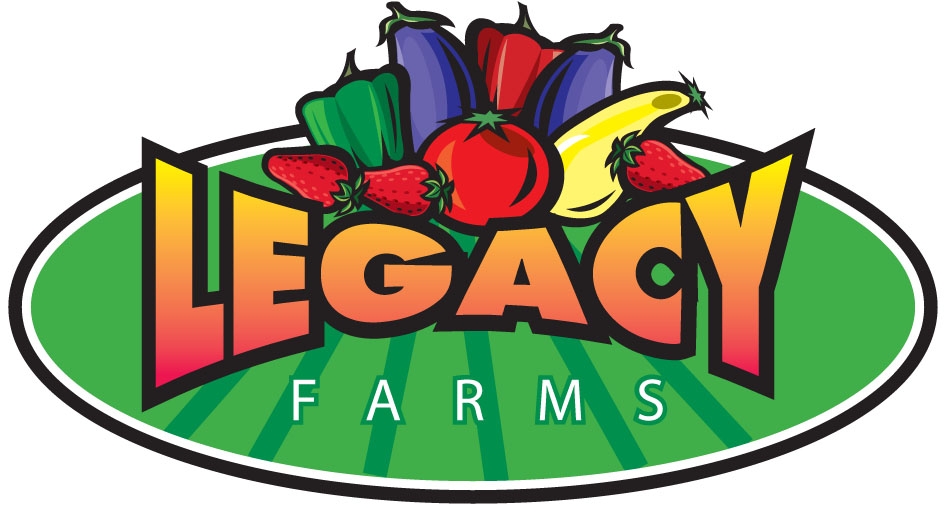GS1 US has published new resources to help retailers, foodservice businesses and other companies understand and address requirements of the traceability rule, also known as FSMA 204, in the Food and Drug Administration’s Food Safety Modernization Act.
The resources help trading partners understand how to use GS1 Standards to meet FSMA 204’s record-keeping obligations for high-risk food, according to a news release.
“Together these new GS1 US resources form a substantial foundation of guidance for companies to follow in implementing GS1 Standards to meet FSMA Rule 204 requirements,” Melanie Nuce-Hilton, senior vice president of community engagement at GS1 US, said in the news release. “As the January 2026 compliance deadline for the FSMA Rule 204 approaches, taking steps now to digitize data and record-keeping systems to share information more efficiently will help to create safer and more resilient food supply chains.”
GS1 US said FSMA 204 Workgroup industry members helped develop its new resource, called the “Retail Grocery and Foodservice Application of GS1 System of Standards to Support FSMA 204."
GS1 US also released recommendations on how to use its electronic product information code services standards to capture supply-chain events and what information from those events should supplement data from key data elements and critical tracking events. This standard captures when and where supply chain objects are created and when trading partners transfer them to new locations; this information is found in GS1 US’s document titled “GS1 US EPCIS Recommendations for FSMA 204 Critical Tracking Events," according to the release.
GS1 US also supplements its new guidelines with directions to implement X12 electronic data interchange 856 advance ship notice. This direction helps companies meet the shipping critical tracking event requirements of FSMA 204. GS1 US said this guideline also helps increase consistency and ease of implementation by breaking down the data elements and codes and providing real-world examples. The document, called, “GS1 US EDI Implementation Recommendation for FSMA 204 Critical Tracking Events,” also guides how to incorporate additional data required by FSMA 204 into existing electronic data exchange implementation, the release said.
GS1 US said it also offers a new e-learning course, “How to Apply GS1 Standards for FSMA 204 Requirements,” to provide an interactive overview of FSMA Rule 204 requirements.
With FSMA Rule 204, companies that handle certain foods across the supply chain must keep and share additional records to assist in faster recalls and tracebacks during an investigation of a foodborne illness outbreak. These requirements apply to entities that manufacture, process, pack or hold foods listed in the FDA’s Food Traceability List. The final rule outlines specific key data elements of critical tracking events that companies must record and share with the FDA within 24 hours upon request and at minimum, through a sortable electronic spreadsheet.



















